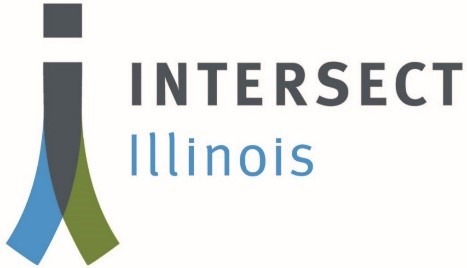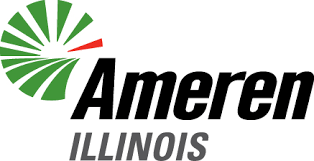WEEKLY UPDATE – Sept 29, 2020
Gov. J.B. Pritzker warned Wednesday that “the region of northwest Illinois that includes Rockford and Northern Illinois University and borders Wisconsin and Iowa could soon see stricter rules aimed at curbing the spread of coronavirus. The nine-county region, as defined by Pritzker’s reopening plan, had a 7.5% test positivity rate as of Wednesday, which has climbed ‘at a concerning rate,’ the governor said at a news conference in Chicago.” Pritzker’s warning came soon after he announced last Friday that Will and Kankakee counties can reopen bars and resume indoor dining as their test positivity rate came down following successful mitigation measures that had been in place for weeks.
The COVID-19 pandemic continues to create economic problems for Illinois and the Chicago area. The credit rating agency S&P wrote in a new report that Illinois’ chances of balancing its state budget without additional borrowing “are looking slimmer as congressional agreement on further federal assistance remains elusive.” Illinois’ rating from S&P Global Ratings is BBB- with a negative outlook. Additionally, a Crain’s Chicago Business report found that one out of every eight jobs disappeared after Gov. Pritzker ordered all non-essential businesses to close. There has been some rebound in employment as segments of the economy reopened, but 426,600 Illinois jobs, or 7 percent, still hadn't been recovered by the end of August. Ilinois small business owners, however, remain optimistic according to a National Federation of Independent Business (NFIB) survey which “shows the national Optimism Index slightly above the historical 46-year average.”






